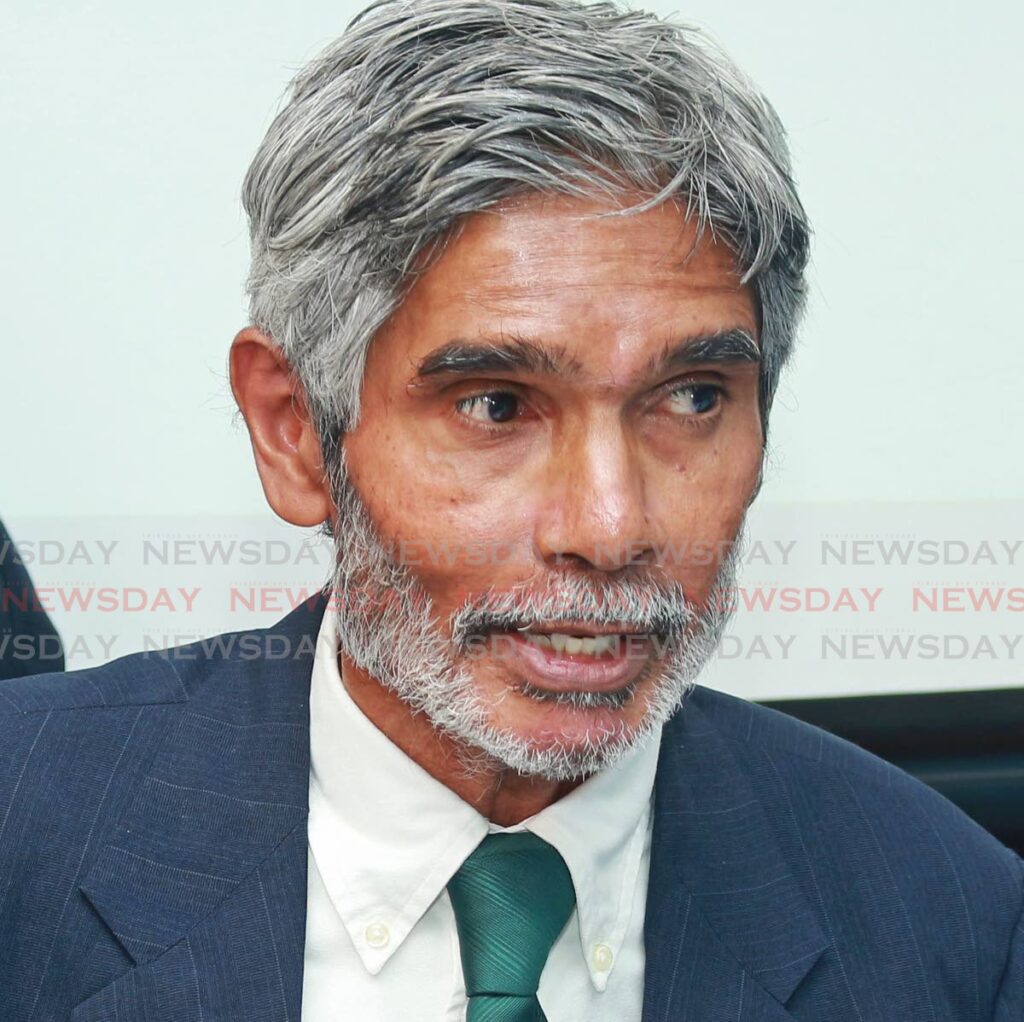Economics from the dead

Wayne Kublalsingh
I HAVE NEVER been afraid of communicating with the dead. In fact, I find it engaging and productive. Here are seven dead people whom I communicate with. I arouse them whenever I want, to provide guidance and instruction.
ADAM SMITH. Smith wrote a two-volume tome called The Wealth of Nations (1776). It is erroneously thought that he invented capitalism. He did no such thing. He lived in an age of burgeoning trade and wealth among the nations. His work was an inquiry. A study of the mechanics of this trade and wealth. For example, he studied specialisation in the manufacture of goods. He studied wages. Money.
In the end he came to the conclusion that it was trade. It was the complex matrix of trade, trade between nations, trade with colonies, trade within national and regional boundaries, the plethora of exchange of money, goods, services, and the institutional structures which arose from trade – banking, shipping, stock markets – which created wealth. Thus, he was describing a bourgeois practice: capitalism. Trade was the "invisible hand" that generated wealth.
CHARLES DICKENS. This 19th century British novelist wrote about the urban and rural poor. Oliver Twist, the chimney-sweep, was the product of the bleak form of urban industrial capitalism. He wrote about the poor houses, the pompous merchants, the street gangs, the jailhouse which captured the indigent debtor in David Copperfield.
He wrote empathetically of those who became the fallouts, the vagrant victims of capitalism. He wrote of the individual, Pip, who forsakes the stability of his home’s blacksmith’s hearth to find his way in the mercantile city. He writes of the quixotic merchants, tradesfolk on main street, critically examines his own conscience in the new age of individualism. He was a critic of the society created by industrial capitalism.
WORDSWORTH, KEATS, COLERIDGE. These were despairing poets. They saw the chimneys rising above the pastures, the canals, the mines, the bleak cities. In antagonism they celebrated nature, the autumn, the nightingale, the daffodils. Nature has a moral code. The man who killed the albatross met a bleak fate. The world is too weary with us. Solitude in nature brought forth an overflow of feeling, renewal, creativity.
With feeling, fancy, they countered the hard logic of industrial capitalism. They celebrated the common folk, their ballads, speech, plodding, natural self. They celebrated all that they thought industrial capitalism was against; with not mere nostalgia, but nature as god, an agent of inspiration, instruction, revolution.
KARL MARX. This 19th century German economist completed his Das Kapital (1867) in grinding poverty, in London’s bitter cold. He wrote an exhaustive critique of capitalism. The surplus wealth created from the low wages of workers, the proletariat, was vacuumed up by captains of industry to establish a system that owned not only trade, but governments, the superstructure of media, trade unions, the church, the law, the education systems.
Capitalism was inherently exploitative. This bourgeois class, which emerged from a dialectical clash with the old order of feudalism, had to be destroyed by the proletarian, who would then take the reins of power, establish socialism, then communism. His principle of dialectical and historical materialism alleged that classes and people act on the basis of their social being, materialism, not high philosophy and ideals.
ERIC WILLIAMS. Williams’s
opus magnum was Capitalism and Slavery. He argued, following Marx, that it was the material conditions, high labour costs, for example, that led to the end of slavery in the British West Indies. And not any high moral ideals. He denied that he was Marxist or socialist; he was a pragmatist. But his pragmatism was based on liberal Marxism. The Government would own the commanding heights of the economy.
He was the maximum leader of his party apparatus, let the jacka-- bray. He ruled the nation with flair, intellectual feats, charisma. The party exercised paramount control of the civil service, one built on party card and patronage. However, nimbly, he understood that Marxism was critique, had only theoretical answers to running the nuts and bolts of the economy. He was not anti-market; markets pre-dated capitalism.
VS NAIPAUL. Naipaul portrayed the comic, bizarre follies and barbarism of those who inherited independence to live In A Free State. In one chapter, called Shorthills, in A House for Mr Biswas, he describes the savage attacks on the plantation manicure left behind by the British – the estate house and its productive economic systems – by the Tulsi family.
ALBERT EINSTEIN. This physicist of the early 20th century wrote in alphabetic signs and numerals. His formulas led to today’s electron (computer) and photonic (solar) revolution. Here is the conclusion of an essay, Einsteinian Economics, which I wrote, and presented at an economics conference in 2017:
“As long as we subsist within the strictures of the current economics, where costs, prices and money are normatively anti-gravitational, livelihoods will be perpetually unaffordable. Planetary assets will wither away exponentially…Einsteinian Economics offers us the possibility of building optimum photonic and electron value, of building affordability and sustainability.”
The stamp of Williams’s pragmatism; plus the genuine release of power from the central government to local management; plus the application of electron and photon technology, computer and solar, to generate affordable and sustainable housing, communications, transport, energy, water, food, money; plus the flooding of the face of TT with development projects, will release us from our current limbo, deadweight zombie economy.


Comments
"Economics from the dead"